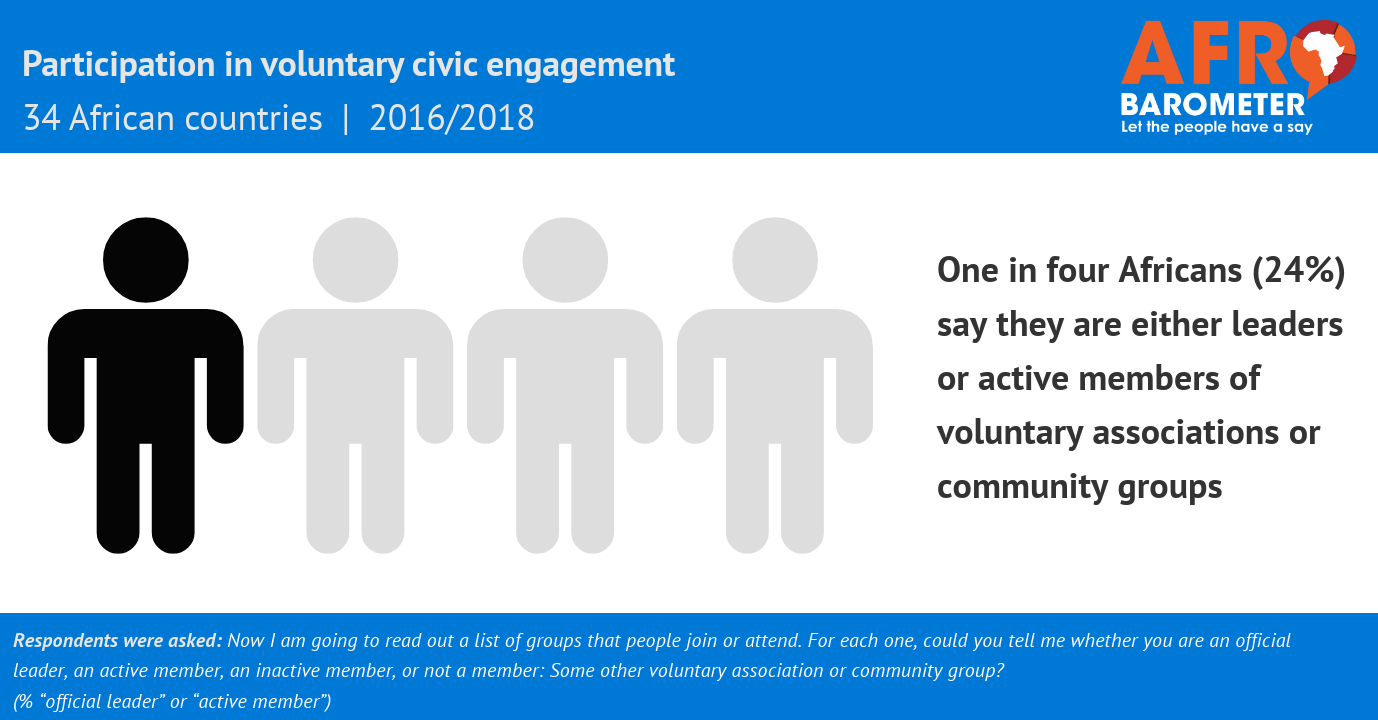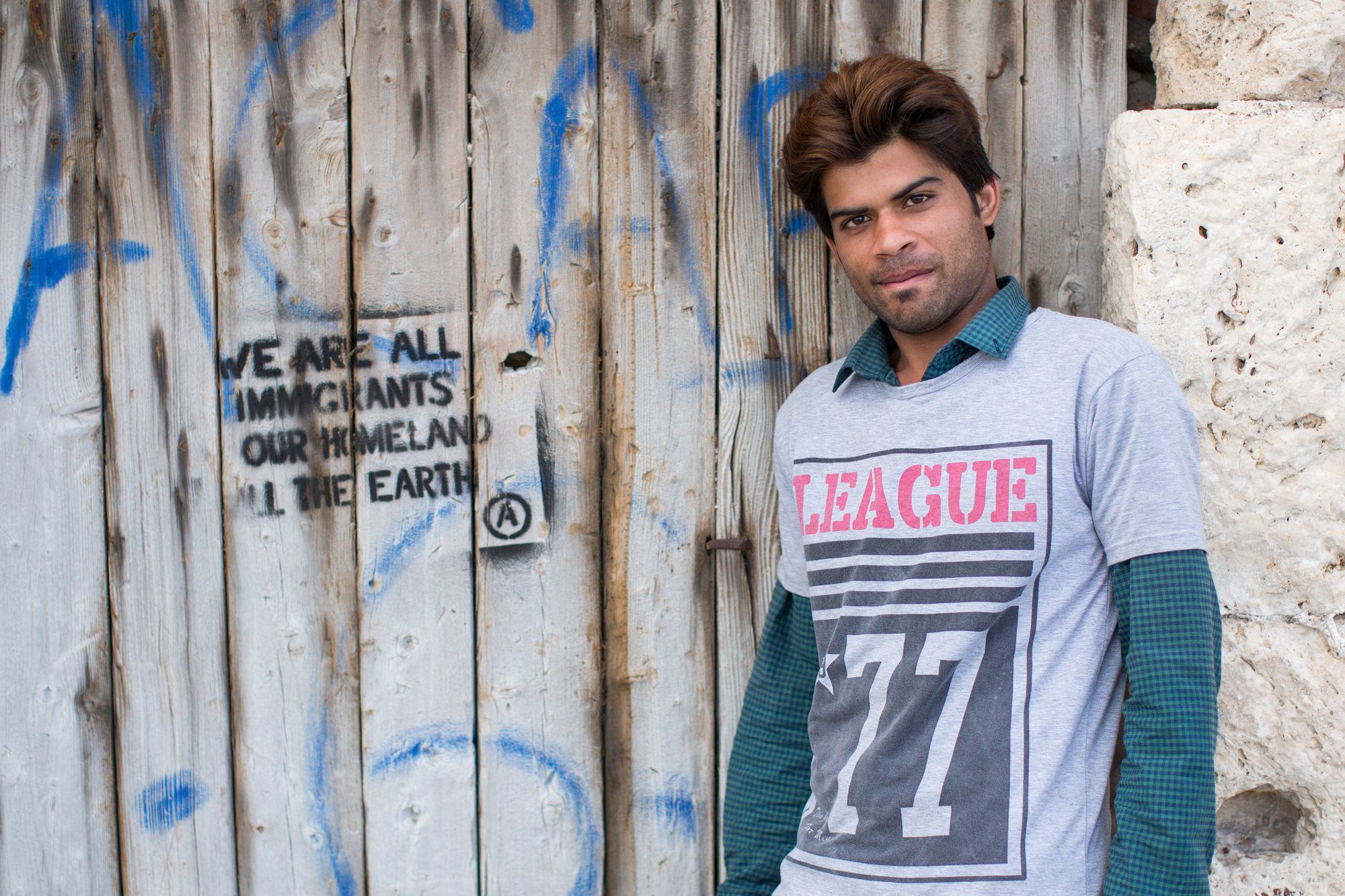In response to: How can young people work with their governments and civil society organizations to respond to the impact of COVID-19 and build a stronger post-pandemic economic and social system?

Photo by Asiama Junior from Pexels
In response to: How can young people work with their governments and civil society organizations to respond to the impact of COVID-19 and build a stronger post-pandemic economic and social system?

Photo by Asiama Junior from Pexels
PUBLISHED BY AFRO-BAROMETER
https://afrobarometer.org/
The Sustainable Development Goals (SDGs) set ambitious targets for countries and societies to improve lives and livelihoods around the world. While the expectations of meeting these goals largely fall on governments, it is widely recognized that joint efforts by citizens and their governments will be needed to achieve the best outcomes. Citizen action takes place in many forms and forums, including organizing and working together on shared goals, providing mutual support and assistance, campaigning or advocating for shared needs, and engaging with governments, making demands on them, and holding them to account. While some citizens may become involved in a formal capacity, such as through paid employment in nongovernmental advocacy or service organizations and through employment with governments or other service providers, large numbers will – and must – be engaged in a voluntary capacity. Understanding the nature of this voluntary engagement is a key goal of this analysis.

Printed with permission from the author
Collective decision-making creates more opportunities to listen and deepen our connections, restoring our human fabric and the ecosystems we inhabit.
The term “regeneration” evokes images of gardens and wind energy, while “governance” sounds like boring decision trees and dusty board meetings. So what is “regenerative governance” supposed to be?
When I think of governance, I think of my colleagues and friends. The things we want to do together. Our ways of doing things that reflect who we are and how we want to show up.
And that’s when governance becomes something deeply familiar and connecting — rather than cold or theoretical. It’s about us. You, me, the people we choose to work with.
But let’s start a the beginning. What exactly is governance?
Governance is the set of processes that steer our organizations, and that includes:
Governance is like a language — the language we use when we do things as a collective. For example, if you and I go to the movies together, how will we decide what movie to see? Who decides? And how? We will make that decision somehow — and all of those ways are governance.
Published by Civicus 3 October 2018
Republished with permission from Civicus Media
By William Gumede
Let’s imagine for a moment that aliens had visited South Africa in late 1993, abducted an ordinary South African, then returned him or her home exactly 25 years later.
The abductee might very well be shocked at how our democracy project has turned out – at all the changes we’ve gone through and where the country is today, particularly politically. But among the things they would see as having largely maintained course in that time, would be the role and impact of civil society.
As we celebrate our diverse cultures on Heritage Day, worth celebrating also is a civil society culture that has not only promoted cultural diversity but that is itself diverse, with a hard-won heritage of tirelessly fighting for the rights of the people in this country.

This pandemic continues to highlight global inequality. For the privileged, isolation is possible. For the vast majority of workers, those fortunate to still have jobs, they risk their lives daily, travelling on public transport, sharing water sources, domestic work, factory work, store work and more.
